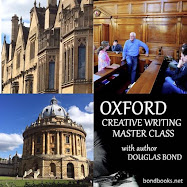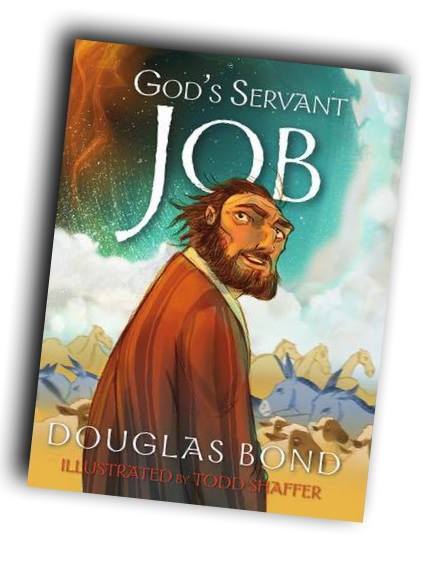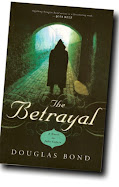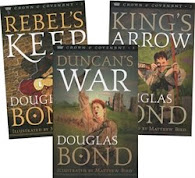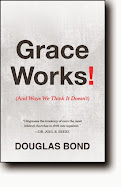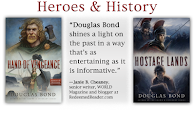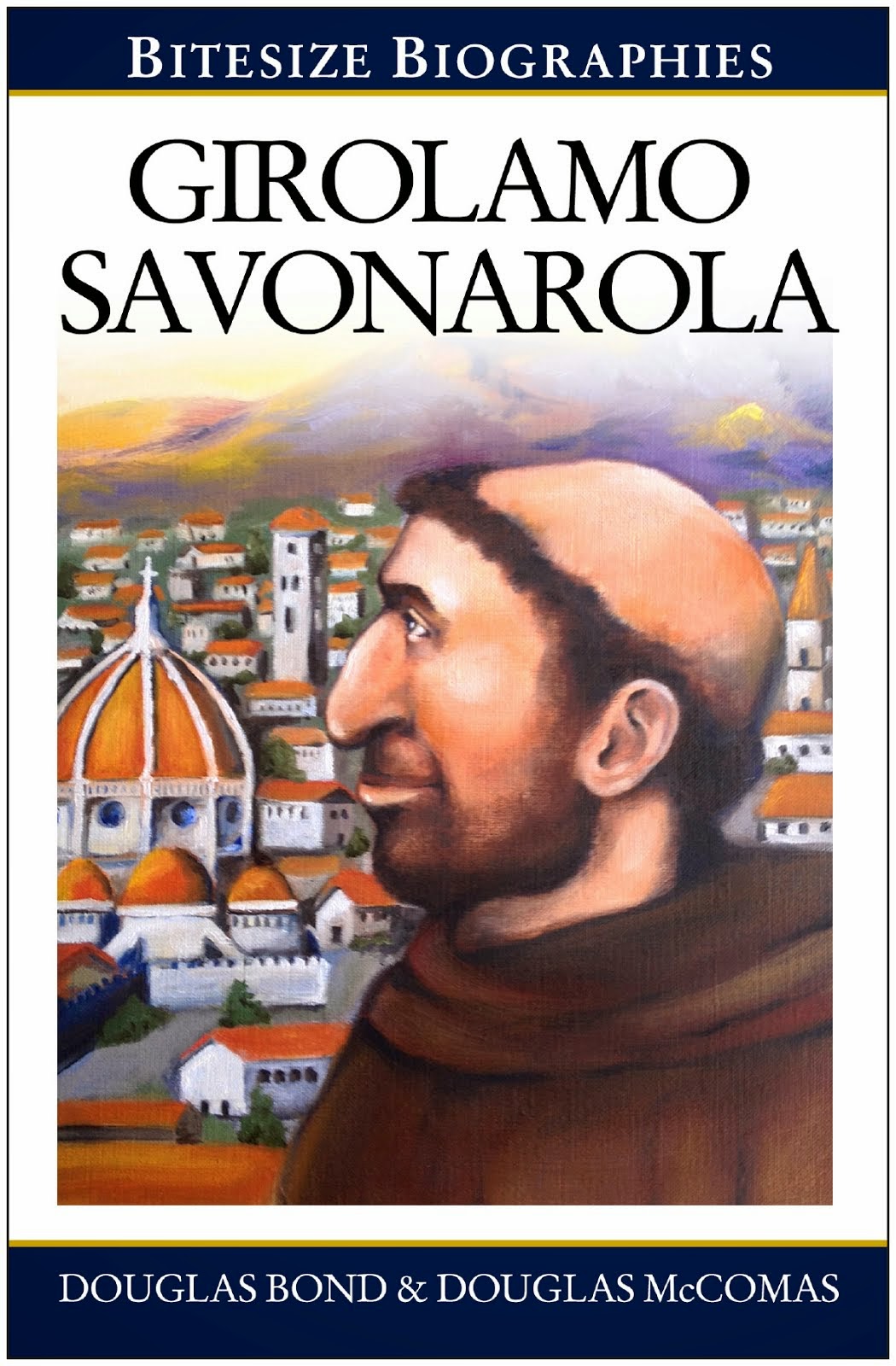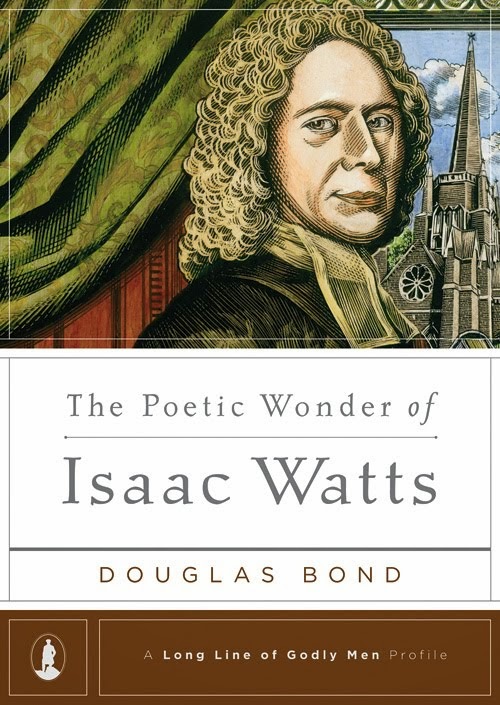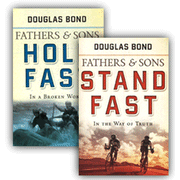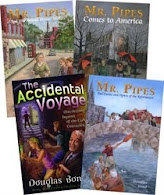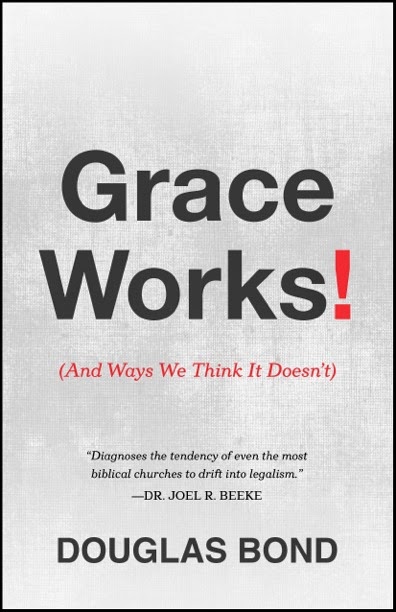INKBLOTS 10/25/2010 (my dearest wife’s birthday—what am I doing hanging out with the guys at Inkblots, you ask? Why not out for a nice dinner with my beloved? She’s at Bible Study Fellowship tonight)
I opened reading my friend John Ford’s intriguing poem The Cloak, an imaginative versified tale of Paul in prison longing for his scrolls and cloak. The men sat very still through a number of lines and stanzas of poetry, John having drawn us in, big time, with his pen. “Well, I liked it,” said the first Blot to break the silence. That broke the floodgate. At first one Blot was troubled by Paul’s wining (as he termed it), but as he listened he felt better and better about his method. Same Blot wished that the jailor’s father, original owner of the cloak after Christ, had been truly converted—a worthy longing, perhaps created by an author who understands the superior literary power of longing over satisfaction. Complete satisfaction in a plot most easily trivializes, or can. Another Blot commented on some of the rhyming seeming to be forced, and that the poem might be improved by tightening, making it a bit shorter (and unfortunately it is a post-poetry world so less ability to following). The key criticism was that they wished you had not revealed the origin of the cloak until a bit later. I think I agree with this one. Clever take on it.
Dave Killian has a rewrite of an episode in his futuristic political thriller based on a Bond(age) criticism—he led off with a rather snide remark, I thought. My comment was that the doctor scene needed a point of view that connected us to the situation, a point of view that would keep this episode from being so abrupt, without relevant context to tie it to the rest of the story. I’m trying to remember just exactly what my criticism of this episode had been last time. Cliché intentional, bare white bulb, white lab coats—careful not to overdo the explicit cover of cliché description. John felt it was improved over the last time when the experiment with the rats was so abrupt, needed some history, context to avoid a disconnect. The trouble as I see it too much point of view shifting, too many heads we’re going inside of. There are already two parallel plots, so a need to seriously avoid going into minor characters’ heads. This is a vast tale, and we may be not actually offering helpful criticism because we can’t see the big picture well enough, as well as you see it. We’re looking at the city map, and you’re looking at a world map, maybe a galactic map. Trouble is, he named this glue character, soon to be bumped off, he named the guy Stan Bond! Is this a death threat? Yikes. I suggested that Dave drap back and force himself to write a maximum of 3,000 words telling the entire story, maybe try 1,500 words, but keep it concise, rapid pace. I think this will force Dave to discover what is essential and what is not, where the critical moments in the plot lie, where he wants the climax of the story to be and what to do with it, accomplish with the whole story.
John offered me a solution to a problem on my Knox novel. How to get Knox in the bottle dungeon at St. Andrews Castle. He wouldn’t voluntarily hide in it to save his skin; that would be out of character with Knox at this point in his life (by grace alone). John is global. He figures out the big pictures and often comes up with some amazing solutions. I probably better not divulge his idea, but it was a good one, and I have every intention of working it in. He harangued away on why I didn’t listen to his advice on Hostage Lands.
John is going to read the first chapter of his novel. Retired Detroit police officer who moves to rural Oregon, somewhat of a bigot, loves peace and quiet. Son and daughter in high school… but he was 30 years on Detroit police department. Do these numbers work. Daughter pregnant, dating an African-American football star, can’t or won’t tell her dad because of his racial bigotry. Abortion dilemma ensues. Don’t need “Just to name a few.” You’ve already listed plenty. Make the description of Bee and the ducklings told from your protagonist’s observation of her; mostly you do but recast thinking specifically about sticking with Andy’s point of view. Has to be more of a reason for her to be so fascinated with baby ducks and other baby animals. How about having Andy’s two kids be his brother’s who died and Andy’s wife has never been able to have children, so the baby animal thing makes sense now. Have Andy leave the force before retirement, partner killed, gang war, urban crime. Every description must have work to do; it may be creating setting and atmosphere but it better have more to do than that. Strunk and White make their way from the grave into Inkblots—again. John’s comment after we ate him for after-supper snack. “I’m not discouraged. I’m just not going to write anything every again.” He was joking… I think—and hope. Barney Fife for the cop?
I read from my childrens book, versified Job I wrote in 2003 and its been sitting in my Word file. Reformation Heritage Books wrote me today saying they want to see Job’s Hard Job (working title) with a view to publishing it as picture book. Simonetta Carr asked me today if I’d read and endorse her forthcoming picture book with RHB. It took about 15 minutes to read and is about 30 pages as I see it with illustrations on each page. We’ll see what happens. It’s heavy themes, but full of supernatural encounters, a panoply of animals, all things that fascinate children--and the rest of us. We’ll see.







